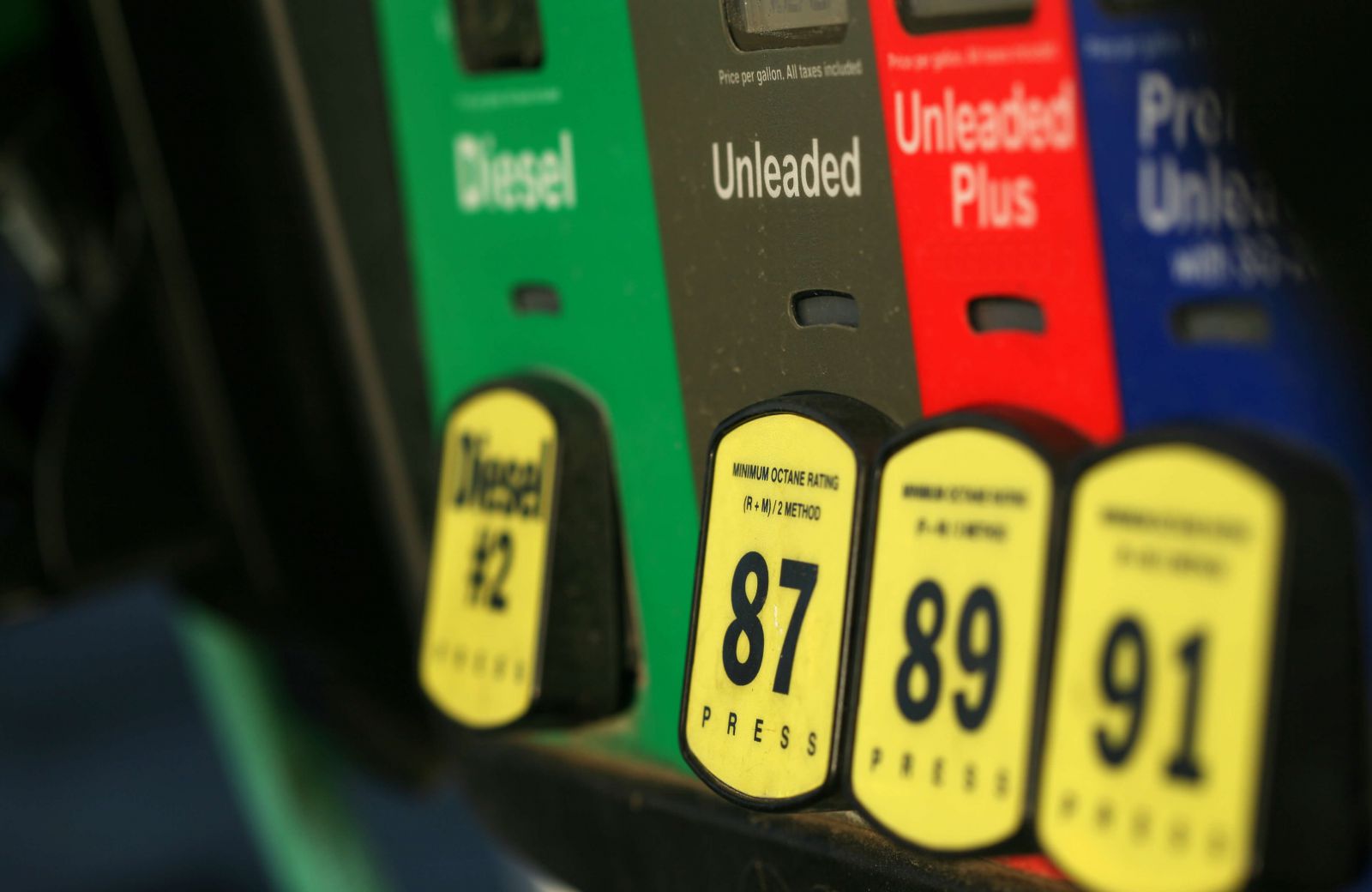Performance Fuels

Which Fuel Should You Use?
- Category:
- Fuel Facts
by Grassroots Motorsports
Posted on 4/26/2024

Which nozzle should you grab when filling up? When in doubt, read the manual. Assuming we’re talking about a stock, production street vehicle, the owner’s manual will explain which fuel to use–but, of course, questions might still remain.
Are All Octane Numbers Equal? In the U.S. and Canada today, gasolines are rated on the Anti-Knock Index (AKI). That’s the figure found on our pumps and inside the owner’s manual.
The worldwide standard, however, is the Research Octane Number (RON), so you might also find this one listed in the owner’s manual, particularly for an older foreign car. The manual for a U.S.-spec 1984 Porsche 911 Carrera, for example, lists both minimums: 91 RON or 87 AKI.
What If the Local Stations Don’t Offer Enough Octane? At higher elevations, you might notice octane minimums that are lower than the national norms. “At high-elevation areas, it’s common to see the octane lower,” explains Zachary J. Santner, senior specialist of quality at Sunoco. “In the mountains, less barometric pressure means that you don’t need all the octane.”
“It’s not a bad thing,” he adds. “It’s simply science because of the less dense air.”
What About Using Too Much Octane? Some of us have heard the rumors: Running too much octane will actually decrease performance. According to Santner, the science doesn’t point towards octane rating as the culprit. “Many fuel properties play a part in the perfect fuel/engine combination. The evaporation rate is a usual culprit for a poor fuel/engine combination, not octane,” he explains. “It’s like having extra insurance.”
High-octane fuel is also a more refined product, he continues, meaning it will age better and leave less deposits than a lower-grade product–big benefits for a car that might sit for a bit. “Vehicle mpg is impacted by a wide variety of conditions,” he says. “Some modern cars can adjust to the higher octane of premium and provide slightly better mpg.” The recipes used for pump fuel can vary depending on season and location. (Sunoco Race Fuels, he notes, are always blended to the same formula.)
